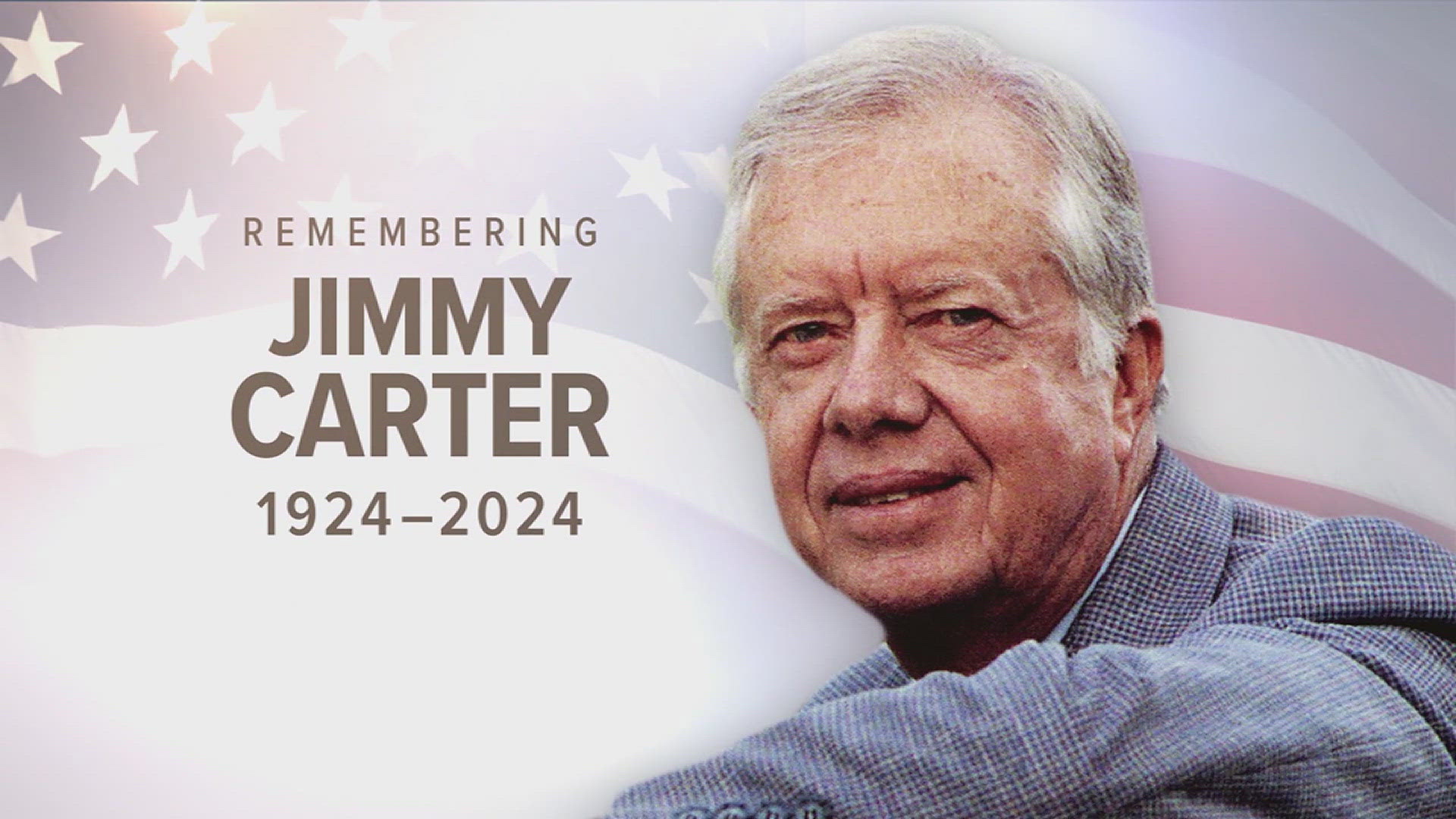Her beating in 1963 led to federal charges against Mississippi lawmen
(Akiit.com) JACKSON, Miss. – Civil rights activist June E. Johnson, who as a teenager was beaten by white officials in a 1963 confrontation that led to federal charges, has died. She was 59.
Johnson died Friday of kidney failure at Providence Hospital in Washington, said her son, Hakim Malik Johnson.
Born in the Mississippi Delta city of Greenwood, Johnson became involved in the Student Non-Violent Coordinating Committee when her parents hosted members of the group in their home.
In June 1963, on the way back from a voter registration workshop in South Carolina, Johnson was arrested at a Winona, Miss., bus station along with Fannie Lou Hamer, one of the founders of the Mississippi Freedom Democratic Party, and others.
The sheriff asked the 15-year-old girl whether she was a member of the NAACP. When Johnson answered yes, she was beaten in the face, then punched in the stomach.
“I raised my head and the white man hit me in the back of the head with a club wrapped in black leather,” Johnson said in her statement, quoted in John Dittmer’s 1994 book “Local People: The Struggle for Civil Rights in Mississippi.”
“Blood was streaming down the back of my head and my dress was all bloody,” she said.
Hamer and three others also were beaten. The Kennedy administration’s Justice Department brought federal civil rights charges against five men, including the sheriff and police chief, but they were cleared later in the year by an all-white jury.
Washington, D.C., congressional delegate Eleanor Holmes Norton, who worked with SNCC at the time, said Johnson “sparkled with uncommon courage.”
In the 1970s, Johnson worked as a paralegal at North Mississippi Rural Legal Services in Greenwood. Attorney Solomon Osborne said she was often a plaintiff in lawsuits, including one challenging the local government’s hiring practices.
More recently, she worked in Washington for the city’s child support enforcement office and other agencies, her family said. She also served as consultant on documentaries about the civil rights movement.









Leave a Reply